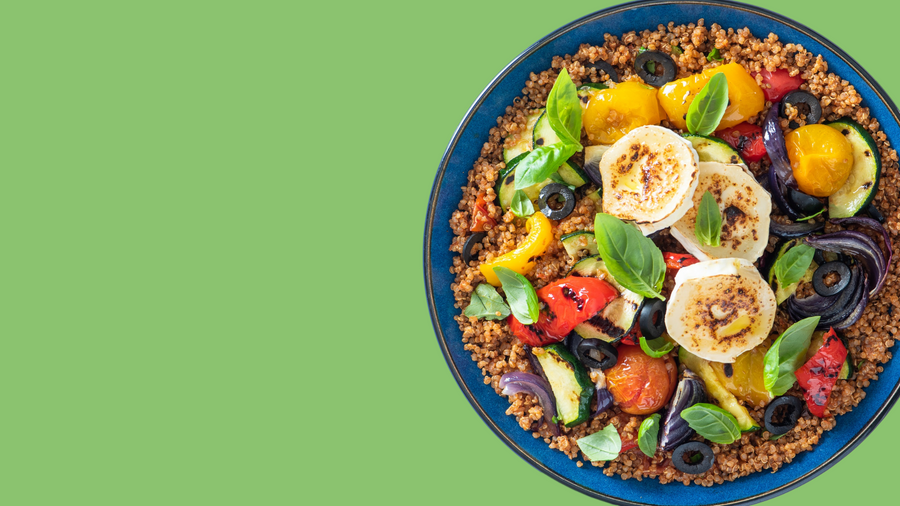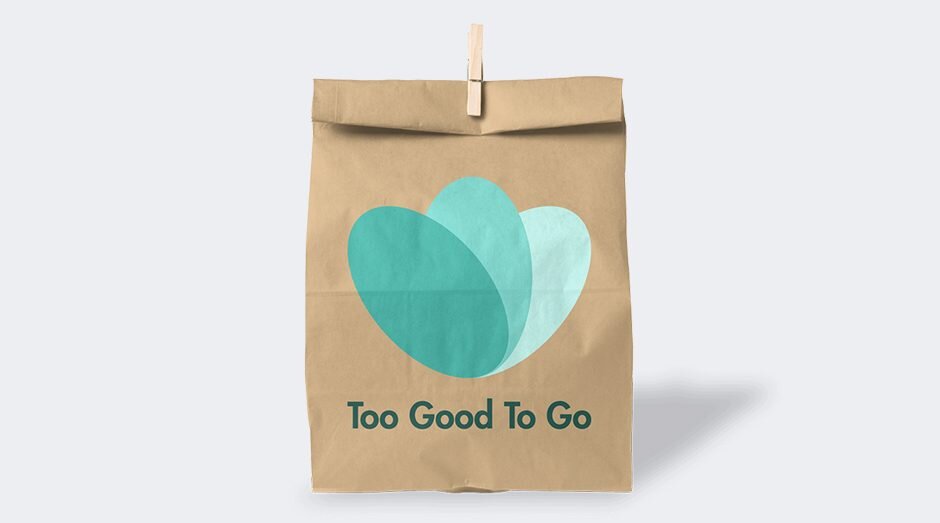Quinola Blog
Find out about what we've been up to, useful tips and info on how eating quinoa as part of a healthy diet helps prevent diabetes.
Find out about what we've been up to, useful tips and info on how eating quinoa as part of a healthy diet helps prevent diabetes.


Your Guide to Ethical Shopping
According to the Guardian, there’s a growing trend in the UK consumer market to purchase more ethical and ecological products. This is heartening news to us at Quinola, as ethics is part of our DNA and ecology at the heart of our organic philosophy. The Nielson study quoted by the Guardian showed that over a quarter of British shoppers said they would choose a Fairtrade or Green product over a standard one, even if it cost them more money. That said, another study, carried out in Australia made the differentiation between intentions and plans, and then reality, when it comes...
How do you pronounce Quinoa?
The Indians of the Altiplano pronounce it “keenwah” in their local dialect of Quechua. But then again all the Parisians where I live say that they live in “Pari”. If I was to say that in England everyone would laugh because the English speaking world pronounces it “Paris”. So that is why we have decided to cut through the confusion by calling our best Peruvian quinoa Quinola. And if you are not sure how to pronounce that think of Granola. You can now walk into a shop and ask for Quinola with confidence!
Too Good To Go
As a Generous Business, it’s important to us that we do our part to help reduce food waste. We sell our short dated stock – stock with less than 6 months shelf life that we can no longer sell to stockists – for £2.59. They would usually cost £8. These bags contain 4 bags of our ready to eat quinoa and in buying them, you know that you’re also helping cut down unnecessary waste. We sell these magic bags with the help of Too Good To Go. Have you heard of them? They’re an amazing app which helps connect consumers...
Meet a Generous Business – Lickalix
Have you heard about the Generous Revolution? Since Quinola was founded by James in 2011, we’ve always done our best to be radically generous. But what does it really mean?We’re on a mission to show that businesses can have a positive impact on people, society and the environment. We want to show that by being generous we can make the world a better place. You can learn more about our generous revolution by clicking here.But, we know we’re not the only ones to think like this and that’s why we decided to introduce you to more generous businesses. Let’s start with...
Recent articles




